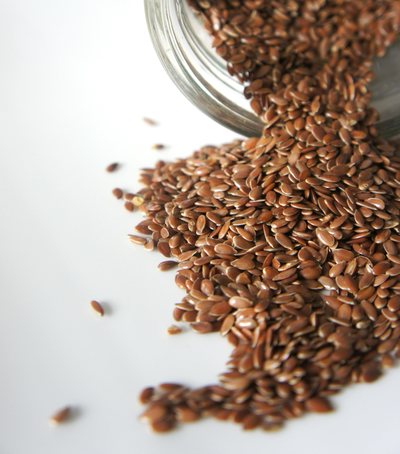
Studies have shown that the experience of childhood obesity leaves traces that last much longer than just memories of elementary school.
Children who struggle with excess weight often develop complicated relationships with food, their bodies, and self-esteem, which accompany them into adulthood.
As adults, they may tend to eat for emotional comfort, feel guilty after eating, or go on extreme diets that end in a relapse into old habits.
They are often more sensitive to criticism and have difficulty accepting compliments about their appearance, still harboring hidden feelings of insecurity.
Research also suggests that these individuals tend to struggle with a lack of patience in the slimming process, perfectionism, and a fear of failure.
But the good news is that becoming aware of these behavior patterns is the first step towards change.
With mental health awareness, nutritional education, and a gentler approach to yourself, it is possible to break these habits ingrained since childhood and build a healthier relationship with your body and food.
Photo by Towfiqu barbhuiya: https://www.pexels.com/photo/a-person-holding-his-belly-fat-9927899/





